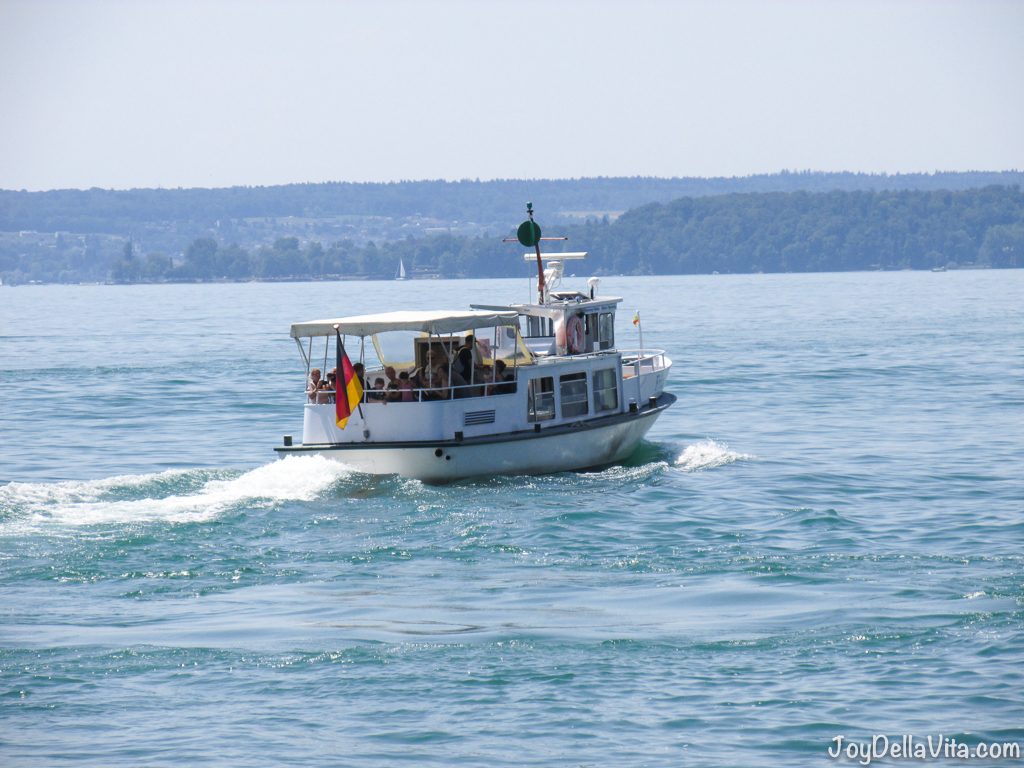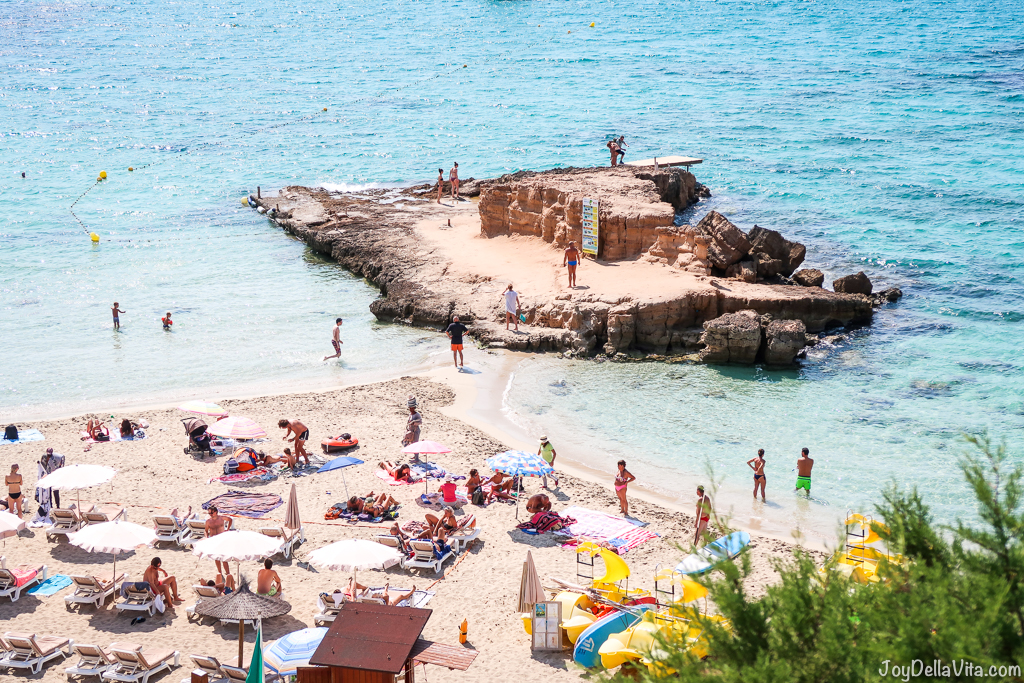During pregnancy, it is essential for women to take extra precautions and prioritize their health and the health of their unborn child. While travelling can still be possible during pregnancy, there are certain activities that pregnant women should avoid or are not recommended due to potential risks.
Before travelling, pregnant women should always consult with their healthcare provider to assess their individual health status and determine the safety of the trip. It is crucial to disclose travel plans to the healthcare provider to get personalized advice and ensure that there are no underlying medical conditions that could be exacerbated by travel. For more resources, check out my dedicated topic on travel during pregnancy.
why pregnant women should rest more than usual
During pregnancy, resting more than usual is essential for the well-being of both the expectant mother and her growing baby. Pregnancy is a physically demanding process that places additional strain on a woman’s body. As the fetus develops, the mother’s body undergoes numerous changes, including hormonal shifts, increased blood volume, and weight gain, which can lead to fatigue and discomfort.
Resting allows the body to recuperate and support the baby’s development adequately. Sufficient rest aids in reducing stress levels, promoting better circulation, and supporting the immune system. It also helps to alleviate common pregnancy symptoms such as backaches, swelling, and nausea.
By prioritizing rest and listening to their bodies, pregnant women can reduce the risk of complications, ensure a healthier pregnancy, and prepare themselves for the demands of childbirth and early motherhood. Consulting with healthcare providers can also provide personalized guidance on maintaining a safe and balanced resting routine throughout pregnancy.


Travel during pregnancy: what should be avoided
While travelling during pregnancy can be a rewarding experience, certain activities should be avoided or approached with caution to safeguard the health and well-being of both the expectant mother and the baby. Prioritizing safety, comfort, and overall well-being is vital during this special time, and seeking professional medical advice will help ensure a healthy and enjoyable journey. Here are seven activities pregnant women should avoid or be cautious about when it comes to travelling:
- High-Intensity Physical Activities: Engaging in high-impact sports or strenuous activities like hiking, rock climbing, or skiing can put excessive stress on the body, potentially causing harm to the developing fetus. These activities increase the risk of falls or injury, which could have serious consequences during pregnancy.
- Long-Distance Travel: Extended journeys, especially by air or car, can lead to prolonged periods of sitting or standing, which may result in oedema (swelling of the feet and ankles) and an increased risk of blood clots. Pregnant women are advised to take breaks, walk around, and stretch during long trips to improve blood circulation.
- Scuba Diving: Scuba diving exposes the body to high pressure and an increased risk of decompression sickness, which can be dangerous for both the mother and the baby. The developing fetus is also susceptible to the potential adverse effects of nitrogen absorption during scuba diving.
- Adventure Activities: Activities such as zip-lining, bungee jumping, or any thrill-seeking adventure sports should be avoided during pregnancy. These activities pose risks of trauma or sudden jolts that could impact the baby.
- Amusement Park Rides: Roller coasters and other amusement park rides with sudden movements, high speeds, and changes in gravitational forces should be avoided. These rides may cause discomfort and increase the risk of abdominal injuries.
- Exposure to Excessive Heat: Prolonged exposure to extreme heat, such as hot saunas, hot tubs, or spending extended periods in hot climates, can raise the body’s core temperature. Elevated body temperature can be harmful to the developing fetus and may increase the risk of birth defects.
- Boat Rides in Rough Waters: Pregnant women should be cautious about taking boat rides, especially in rough seas. The constant motion and potential for sudden waves could lead to motion sickness and discomfort, which may be harmful during pregnancy.




